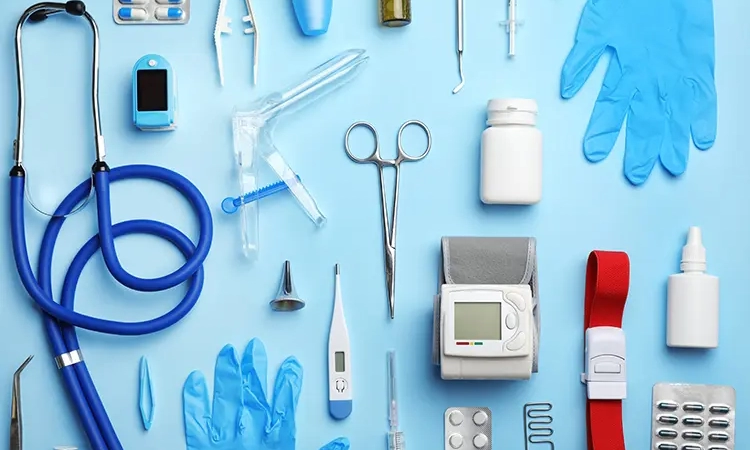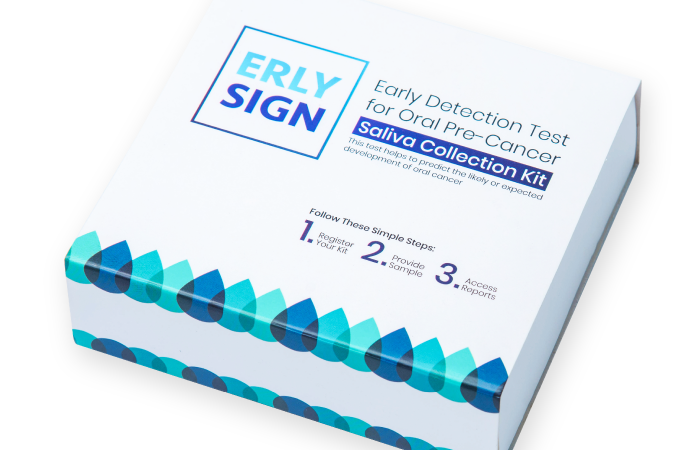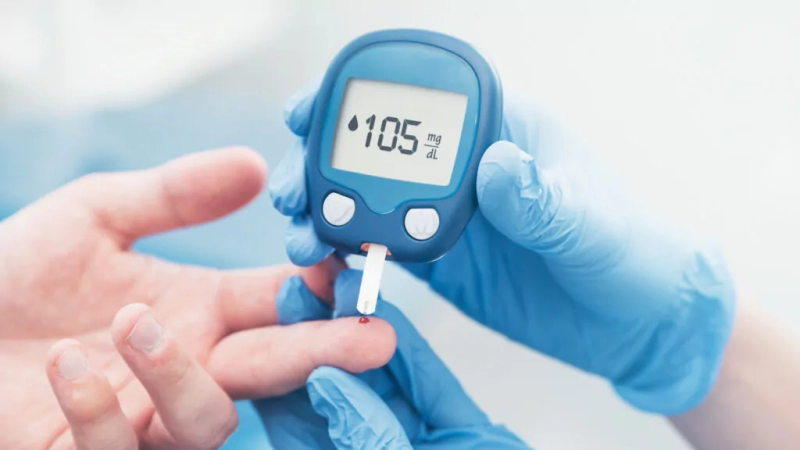The Central Drugs Standard Control Organization (CDSCO) is the primary body which regulates medical devices, drugs, cosmetics, in vitro diagnostics in the Indian subcontinent. This body is also responsible for the monitoring and approval of clinical trials and research in the country. Early this year, several amendments were made the the clinical trial approval process including the requirement to video-record the consent process from patient. These new amendments have provided stringent measures for clinical trial approvals. From 76 trials being approved in Q1/Q2 of 2014, merely 19 trials were approved in Q1/Q2 of 2015.
Recently the Indian regulatory authorities issued notices to encourage clinical research in the country. The key points of this circular are:
-
Academic Research:
Trials which are for academic/ research purposes and not intended for new drug marketing do not require the permission of the Drug Controller General of India (DCGI). The ethics committee must still inform the DCGI and the DCGI would have 30 days to object to the decision to not seek its approval.
-
Adding Trial Sites, Investigators:
The DCGI is saying that ethics committees can also approve requests for new clinical trial sites and new investigators to be added to a clinical trial without CDSCO’s approval as long as the ethics committees conduct “due diligence.” The ethics committees would still have to inform the DCGI of the changes, and the DCGI would be able to object to any such additions or deletions of sites or investigators.
-
Preclinical/Toxicology Studies:
The DCGI also signed off on a third circular that would eliminate the need for repetitive pre-clinical/toxicological animal studies for drugs that are “already approved outside India.” CDSCO notes, “Such studies are not required to be repeated while approving their proposal for import/manufacture in India unless there were specific concerns. The concerns, however, needed [sic] to be recorded in writing.”
-
Review Committee on Genetic Manipulation:
Meanwhile, it was also decided at these two meetings that applicants “for r-DNA derived drugs like insulin, monoclonal antibody, etc.,” can submit parallel applications to the Review Committee on Genetic Manipulation and the DCGI when seeking approval to conduct a trial.
For more information on clinical trials in India, click here.
Other News
India Medical Device Pricing Strategy: Ensuring Growth & Affordability
India’s National Pharmaceutical Pricing Authority (NPPA) is developing a specialized India medical device pricing strategy for medical devices, transitioning away from the conventional drug-centric framework. This innovative strategy will incorporate international pricing tactics tailored to […]
Read MoreImports of High-Value Medical Equipment
High-Value Medical Equipment The Central Drugs Standard Control Organization (CDSCO) and the Central Board of Indirect Taxes & Customs have released a new circular, “F.No.401/40/2021-Cus.III,” detailing updated policies on the import of used high-end medical […]
Read MoreSEC Committee: Pioneering Medical Approvals
New important article released by Central Drugs Standard Control Organization (CDSCO) titled “SEC – Special Expert Committee, Medical Devices”. Key highlights include the streamlined processes for CDSCO application evaluations, preparation and significance of briefing materials, […]
Read MoreErlySign Oral Cancer Detection Technology Gets CDSCO Nod
ErlySign, a Nagpur-based biotech startup, has received approval from the Central Drugs Standard Control Organization (CDSCO) to conduct large-scale clinical trials for its novel oral cancer detection technology. The approval for ErlySign follows a rigorous […]
Read MoreAdditional Steps Announced by FDA to Modernize Clinical Trials
The U.S. Food and Drug Administration has made draft guidance available with updated recommendations for good clinical practices (GCPs), which are intended to modernize the clinical trial design and conduct while maintaining data integrity and […]
Read MoreAccreditation and Registration Numbers for Foreign Manufacturers Publication by PMDA
This article deals In accordance with the Pharmaceuticals and Medical Devices Act (PMD Act) of Japan, foreign businesses that wish to produce pharmaceuticals, quackery products, active pharmaceutical ingredients (APIs), or medical devices abroad and import […]
Read MoreBSI New Certification to Mitigate Antimicrobial Resistance Risk in Antibiotic Manufacturing
BSI, the business improvement and standards company, has developed a new certification to mitigate the risk of antimicrobial resistance (AMR) in antibiotic manufacturing. The certification, called the Minimized Risk of Antimicrobial Resistance (AMR) certification, will […]
Read MoreTUV SUD Inspects IVD Medical Devices’ Cyber Security
The growing digital connectivity of medical infrastructure is resulting in complicated systems with a plethora of diverse interfaces that are potentially vulnerable to assault. The IVD requires producers to provide proof of cyber security before […]
Read More


